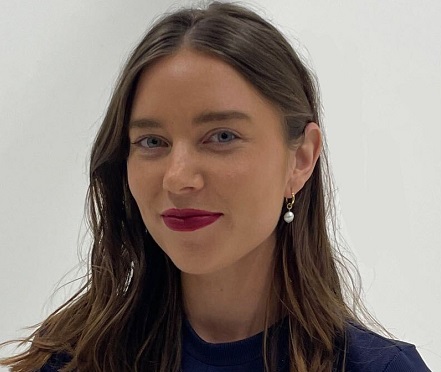Prosecutor Rosemary Hayden in her opening address told the court the pair dated for months and had sex on multiple occasions.
Hayden said the complainant, who also has ADHD and autism, became pregnant and Fairgray called a medical centre to arrange an abortion.
During that call, the Crown alleges he gave the centre her correct age and lied about his own, saying he was 15.
Following the abortion, it’s alleged further sexual activity occurred on at least one occasion.
The following month the girl went missing temporarily and police became aware of the relationship between the pair.
Fairgray’s lawyer, Susan Gray, told the court his thinking and interpretation of social settings was concrete, and not nuanced like neuro-typical people.
Gray argued the complainant had told Fairgray she was 16 and that to him she looked 16.
Usually, the burden to prove charges lies with the prosecution, however, in this case the defence do not contest that she was 13 when the sexual conduct occurred.
Judge Evangelos Thomas said the jury needed to consider whether, on the balance of probabilities, the accused had a reasonable belief that the girl was 16 and that he took reasonable steps to find out whether she was 16.
“He has to prove both of those things.”
Sexual connection with a young person under 16 carries a maximum sentence of 10 years’ imprisonment.
Supplying a Class C drug carries a maximum penalty of eight years in prison.
The trial continues.
Katie Harris is an Auckland-based journalist who covers issues including sexual assault, workplace misconduct, media, crime and justice. She joined the Herald in 2020.
Sign up to The Daily H, a free newsletter curated by our editors and delivered straight to your inbox every weekday.

